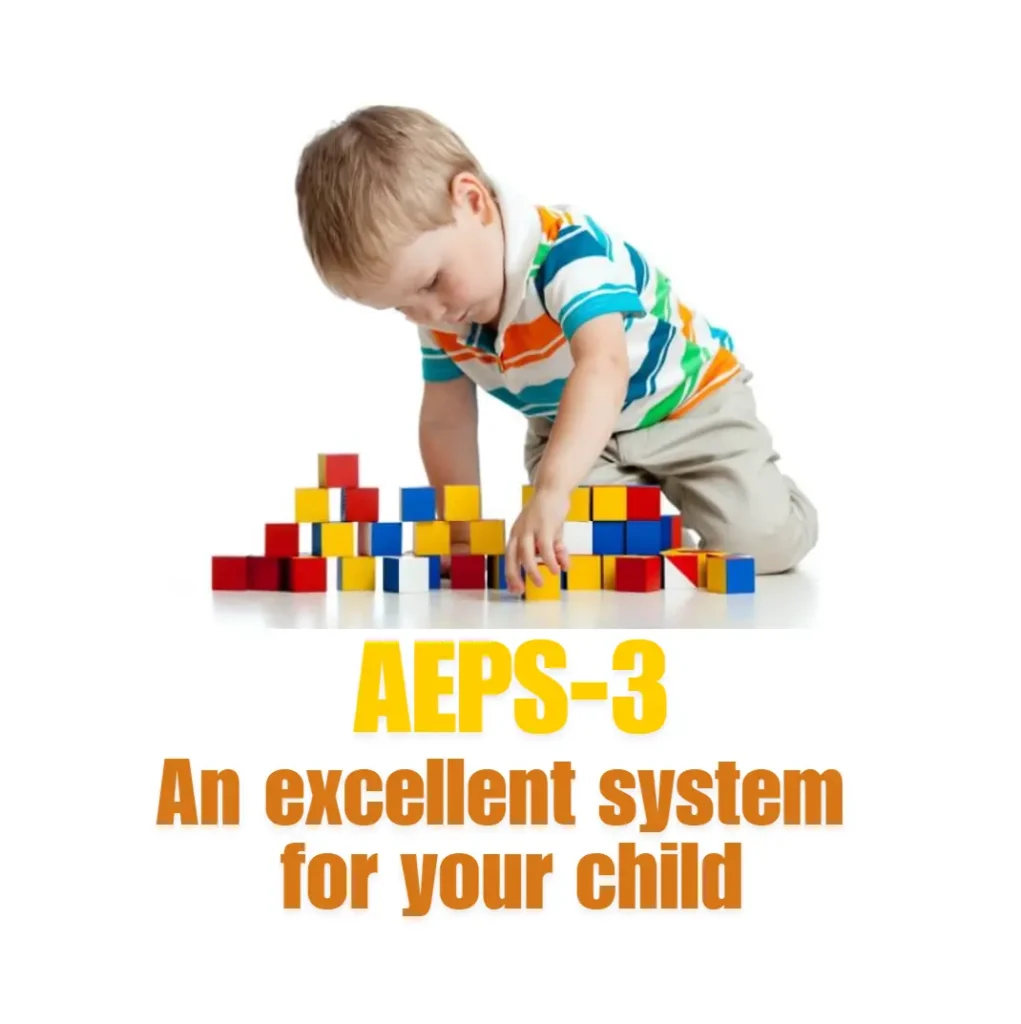Social, Emotional, and Behavioral (SEB) Skills are increasingly found to be the most crucial aspect of self-management and to living life purposefully. While this seems obvious, a lot of people sometimes don’t develop these skills for themselves in their entire lifetime or until much later in life. SEB skills are important for people to live with a “sense of purpose” and to follow up on the course to build towards that purpose.
Researchers at the Washington University, Patrick Hill and Jennifer Beatty conducted a study with 400 students to understand if there is a relationship between their sense of purpose and their SEB skills, measuring SEB skills of these students in an indirect manner through questions on emotional resilience, cooperation, and self-management and understanding about their sense of purpose, well-being, and happiness.
The results from this research shows that there is a strong overlap between self-management skills and a sense of purpose and well-being. Students with a higher social, emotional, and behavioural skill seem to be naturally more purposeful without their consciousness too.
The survey looked at five main categories of social, emotional and behavioral skills. Those include:
- Social engagement, which reflects the ability to engage with others along with leadership and conversational skills.
- Cooperation skills, which involve the capacity to maintain positive social relationships, build and exhibit trust, and take in other people’s perspectives.
- Self-management skills, which include goal-oriented behaviors, being able to complete tasks on time and persist toward long-term goals.
- Emotional resilience, which centers on a person’s ability to handle stress and emotional regulation.
- Innovation skills, which include the ability for abstract and creative thinking.
Is it SEB skills or Personality Traits?
Often when it comes to behaviour, we think of it as fixed personality traits. And, once we say this is how an individual’s personality is and this is how they’re, then it becomes fixed and it becomes difficult to learn and improve or to change. Whereas, if we look at SEB skills, then SEB skills are teachable and therefore it opens the door to improve and change.
Is having a sense of purpose enough?
When we look at things from the outside, we think that having a sense of purpose is driving the skills. However, research is clear that SEB skills are driving the sense of purpose and well-being. This is why sometimes a sense of purpose could be very clear but people fall back on execution due to lack of SEB skills.
People who are high on SEB skills can more easily override the impulses for desires to “give up” and to keep working on the higher order goal and delay gratification.
Learning SEB skills at a young age
Teaching modules are being built to teach SEB skills at a young age. It is really an important area of individual development that gives you great long-term benefits and increases happiness and longevity in whatever an individual wants to pursue. Emotional resilience and Co-operation are found to be strongly correlated with a sense of purpose than traits like innovation. Innovation is not strongly linked to a sense of purpose.
It is important to recognize that SEB skills are teachable and learnable at a young age. Even individuals who seem very organized can make use of these courses on SEB skills.
Hope this is useful, thank you.
You may like to read: Homeschooling in India, Early Career Pathways for Children, & The Value of Compassion in Teaching




